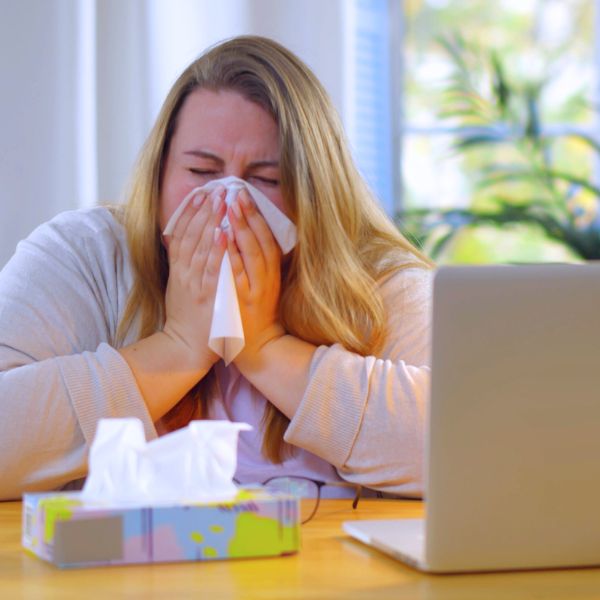Summer is finally here! But for those of us who suffer from allergies, this season can be a bit of a double-edged sword. Beautiful weather, green grass, and blooming flowers are all great—until they trigger your allergies. Sneezing, itchy eyes, and congestion can put a damper on your summer fun. But fear not! There are plenty of ways to improve your allergies this summer so that you can enjoy everything the season has to offer. Let’s explore some fun and easy tips to help you breathe easier and enjoy the great outdoors without any worries!
Most Common Summer Allergy Triggers
If you find yourself sneezing and sniffling all the time, chances are you suffer from one of the most common summer allergy triggers: pollen. It’s everywhere—in the air, trees, grass, and weeds. But that’s not the only trigger you need to worry about; mold spores also love to party in the heat and humidity, and they can mess with your sinuses. And let’s not forget about those pesky insects that love to bite and sting us! Even popular summertime foods like shellfish, berries, and melons can trigger allergies in some people.
How To Mitigate Allergy Symptoms
Change Your Clothes and Shower After Spending Time Outdoors
Allergens like pollen and mold spores can cling to your clothes and hair after you spend time outdoors. By changing your clothes and taking a shower, you can rinse off any allergens that may be causing you trouble. This will help reduce the number of allergens in your home and will also give you a fresh start that helps you feel more comfortable.
Avoid Peak Pollen Times
Pollen counts are usually at their highest during the early morning hours and on windy days. Give yourself a break and plan indoor activities during these times. If possible, schedule outdoor activities for later in the day to reduce your exposure to allergens.
Wear a Mask When Doing Yard Work or Gardening
Gardens flourish during summer, so you’ll have a few extra landscaping tasks on your to-do list during this season. Unfortunately, when doing yard work or gardening, you’ll likely come into contact with a lot of allergens. Wearing a mask can filter out these allergens and prevent them from entering your nose and mouth. You can also wear a hat or sunglasses to protect your eyes from pollen, dust, and other irritants.
Consult an Allergist for Personalized Advice
If you’re having trouble managing your allergies, it may be time to consult an allergist. An allergist can identify the specific allergens that exacerbate your symptoms and recommend personalized treatment options to improve your allergies in the summer. These treatments can include immunotherapy or prescription medications. They may also suggest less well-known treatment options, such as visiting a chiropractor to help mitigate allergy symptoms. With their help, you can better manage your allergies and enjoy everything that summer has to offer!

